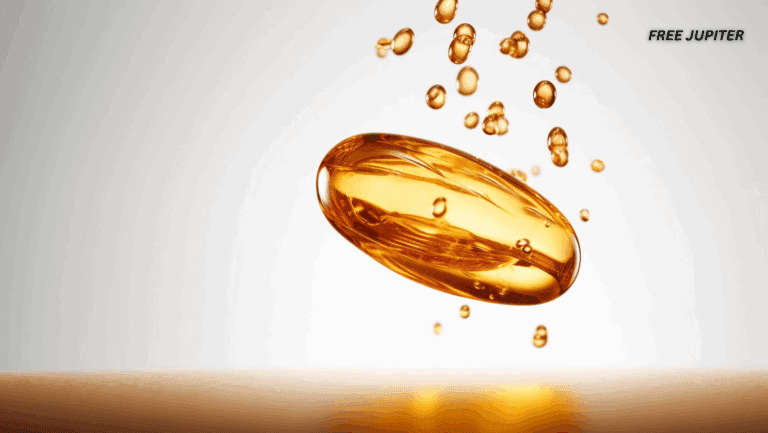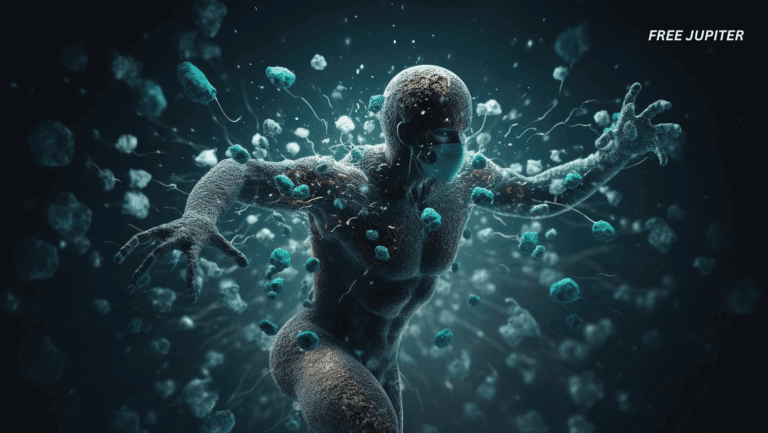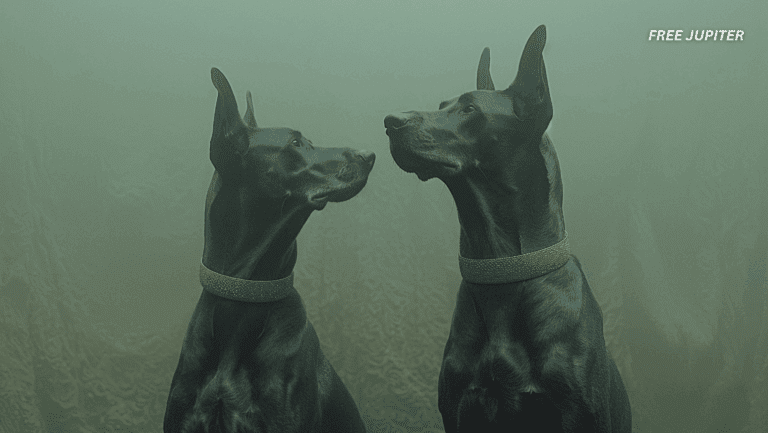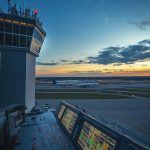Taking to the skies, as thrilling as it may be, can pose distinct challenges to the balance of your body. The conditions found within an airplane cabin, marked by extremely low humidity and the requirement for extended amounts of inactivity, can make way for common complaints. Dehydration, a slow digestive system, and overall fatigue are symptoms with which many tourists can identify. In fact, studies have revealed that prolonged exposure to the dry air which pervades airplane cabins has the potential to expedite the rate at which your body loses essential fluids. In addition, the physical alterations linked with increased altitude can result in slowing the digestive process.
The decisions we make about in-flight drinks have significant control over these physical reactions. Choosing to drink beverages that actively encourage hydration can be a key factor in preventing the dangers of dehydration symptoms and reducing feelings of fatigue. On the other hand, drinking some beverages can make problems like painful bloating and digestive discomfort worse. To make the flight experience smoother and more enjoyable on your next flight, let us explore in detail the certain types of beverages to be avoided when flying, along with some better alternatives that can be followed.
1. Alcohol: A Dehydrating Detriment at Altitude
It may appear alluring to relax with a hard drink after getting into your seat, but such a decision will work against the needs of your body when in flight. While a cocktail or a glass of wine may help you relax initially, alcohol is a diuretic. That is, it will make your body want to flush out more fluids than absorb, thus boosting the risk for dehydration.
Adding to this is the already arid cabin environment, which is actively pulling water from your body. When you drink alcohol under these conditions, the dehydrating effects of the alcohol are multiplied, often causing headaches, enhanced fatigue, and an overall sense of wooziness both in-flight and afterward.
2. Caffeinated Drinks: A Jittery Road to Dehydration
Similar to alcohol, beverages containing caffeine, such as coffee, tea, and many sodas, possess diuretic properties. While a morning cup of coffee might be a habitual start to your day, consuming excessive amounts of caffeine during a flight can contribute to dehydration. This is particularly relevant given the already arid conditions within the aircraft.
In addition, the stimulating action of caffeine can be less appealing when your body is already getting used to the stresses of air travel. Caffeine has the potential to cause elevated heart rate, a sense of nervousness, and trouble relaxing, which can potentially worsen any pre-flight jitters or make it more difficult to sleep on a long trip.
Read more: Physicists Have Found an Entirely New Way to Measure Time
3. Soda: Sugary Troubles and Gaseous Discomfort
Carbonated soft drinks are another type of beverage that must be consumed with restraint on an airplane. Much like the sugar in juicy sodas, the high sugar levels found in sodas pull water into the digestive tract to be processed. This makes you thirstier in an already arid setting.
Aside from dehydration, the carbonation in soda can also produce more gas and bloating. Changing cabin pressure when flying can make the gases in your digestive system swell, and drinking carbonated drinks can amplify this effect, causing painful distension and gastrointestinal upset.
4. Milkshakes and Smoothies: Secret Sugar and Possible Digestive Trouble
While too commonly thought to be a larger or even healthy drink, milkshakes and certain commercially made smoothies may have their own problems when taken on an airplane. Most of these beverages are quite high in sugar and fat. Like sugar-based sodas, the large sugar content may dehydrate the body by impairing fluid balance.
Moreover, the dairy portion in milkshakes proves troublesome for those who are even slightly lactose intolerant. The shift in elevation and the otherwise sluggish digestive tract under flight conditions can render digestion of dairy more challenging, and even contribute to bloating, gas, and stomach distress.
What to Drink Instead
1. Water: The Gold Standard of Hydration
- Why it’s great: Water is the most essential fluid for combating dehydration, especially in the dry cabin air. It helps maintain bodily functions, keeps your skin hydrated, and aids in overall well-being.
- Tips: Bring an empty reusable water bottle through security and fill it up at a water fountain before boarding. Consider purchasing a large bottle of water after security. Sip on water consistently throughout the flight, even if you don’t feel overly thirsty.
2. Herbal Teas: Soothing and Hydrating Options
- Why they’re great: Many herbal teas are naturally caffeine-free and offer various benefits. Chamomile can promote relaxation, ginger tea can help soothe digestion, and peppermint tea can alleviate bloating.
- Tips: Bring your own tea bags and ask for hot water. Ensure the tea is caffeine-free to avoid diuretic effects.
Read more: 8 Everyday Behaviors That Are Secretly Signs of Anxiety
3. Diluted Fruit Juice: A Touch of Flavor with Hydration
- Why it’s great: Diluting fruit juice with water reduces its sugar concentration while still providing some electrolytes and flavor.
- Tips: Opt for 100% fruit juice and mix it with at least half water. Avoid juices with added sugars.
4. Coconut Water: Natural Electrolyte Replenishment
- Why it’s great: Coconut water is naturally rich in electrolytes like potassium, which can be beneficial for rehydration, especially on longer flights.
- Tips: Choose unsweetened varieties to avoid added sugars.
5. Unsweetened Plant-Based Milk: A Creamy and Hydrating Choice
- Why it’s great: Unsweetened almond, soy, or oat milk can be a good alternative to dairy, especially for those with lactose sensitivities. They provide hydration without the potential digestive issues associated with dairy for some individuals in the air.
- Tips: Be mindful of any added sugars in commercially prepared plant-based milks and opt for unsweetened versions.
6. Mocktails: Flavorful and Fun Without the Alcohol
- Why they’re great: If you’re looking for something more exciting than plain water, create your own mocktails! Mix sparkling water with a splash of fruit juice and a squeeze of lime or lemon.
- Tips: Ask the flight attendant for sparkling water and any available fruit juices or garnishes.
Read more: 14 Gentle, Natural Ways to Ease Anxiety—According To Experts
Hydration is Your In-Flight Ally
In summary, the drinks you consume during your flight can play an important role in determining your level of comfort and overall well-being. By taking note of the dehydrating and digestion-interfering tendencies of some drinks, you can make a better-informed decision that ensures a smoother and more pleasant travel experience.
Prioritizing hydrating options like plain water, herbal teas, or refreshing mocktails can successfully fight dehydration, decrease bloating, and curb fatigue feelings. On the other hand, restricting or abstaining from alcoholic and caffeinated drinks, as well as high-sugar and possibly hard-to-digest ones, can make you feel energized, calmer, and more at ease from lift-off to arrival.
The next time you’re preparing for a flight, recall that careful drink selection is a subtle yet potent weapon in helping you arrive refreshed, revitalized, and prepared to welcome your journey. Make smart choices, stay hydrated, and let yourself enjoy air travel with ease and comfort.










